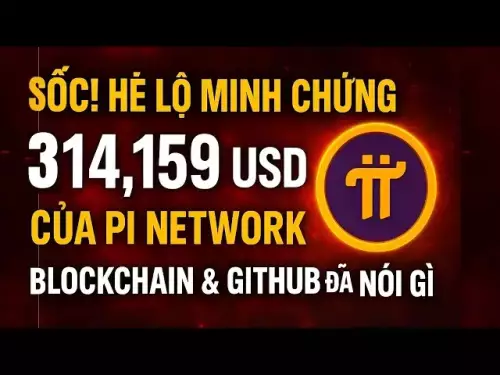Vitalik Buterin critiques EU's 'Chat Control' legislation, highlighting privacy concerns. Ethereum's future hinges on scaling, privacy, and legislation.

Ethereum's co-founder Vitalik Buterin has been actively engaged in discussions surrounding digital privacy and the future of Ethereum, particularly in light of proposed EU legislation. Here’s a breakdown of the key issues.
Buterin's Critique of EU's 'Chat Control' Legislation
Vitalik Buterin has recently voiced strong concerns regarding the European Union’s proposed “Chat Control” legislation. His main argument is that it poses a significant threat to digital privacy. The regulation, which would mandate tech platforms to scan private messages for illegal content, is seen by Buterin as a move that could undermine the security and privacy of all users.
Buterin didn't hold back, emphasizing that creating backdoors for law enforcement inevitably leads to them being exploited by hackers. As he put it, “You cannot make society secure by making people insecure.” He also pointed out the hypocrisy in the proposed exemptions for government officials, suggesting it undermines the law's fairness and public trust.
Ethereum's Future: Scaling, Privacy, and More
Beyond legislative battles, Buterin is also focused on Ethereum’s technical roadmap. Scaling remains a key priority, as network congestion and performance limitations are pressing concerns. Buterin envisions increasing Ethereum’s gas limit at the L1 level while preserving decentralization. He also aims to integrate ZK-EVMs and block-level access lists to boost throughput.
Privacy is another critical area. Buterin wants to enhance privacy for both transaction writes and reads. Long-term, he's pushing for quantum-safe cryptography and formal verification to ensure Ethereum remains robust and secure against emerging threats.
The Intersection of Legislation and Ethereum's Trajectory
The EU’s “Chat Control” proposal and Ethereum's development might seem unrelated, but they both highlight the importance of privacy in the digital age. If legislation like “Chat Control” becomes widespread, it could drive users towards decentralized platforms that prioritize privacy. This shift could, in turn, impact the adoption and development of Ethereum and similar technologies.
Personal Take
It's fascinating to see how Vitalik Buterin is not just a tech visionary but also an advocate for digital rights. His criticism of the EU legislation underscores the importance of striking a balance between security and privacy. As Ethereum evolves, it’s clear that privacy-enhancing technologies will be crucial for its continued success. The question is, can Ethereum and other decentralized platforms provide a viable alternative that respects both user privacy and regulatory requirements?
Final Thoughts
So, there you have it! Vitalik Buterin's got his hands full, navigating both the regulatory landscape and the technical challenges of Ethereum. It's a wild ride, but with folks like him at the helm, the future of Ethereum—and the internet—might just be in good hands. Keep an eye on this space; things are bound to get even more interesting!
Disclaimer:info@kdj.com
The information provided is not trading advice. kdj.com does not assume any responsibility for any investments made based on the information provided in this article. Cryptocurrencies are highly volatile and it is highly recommended that you invest with caution after thorough research!
If you believe that the content used on this website infringes your copyright, please contact us immediately (info@kdj.com) and we will delete it promptly.








































































